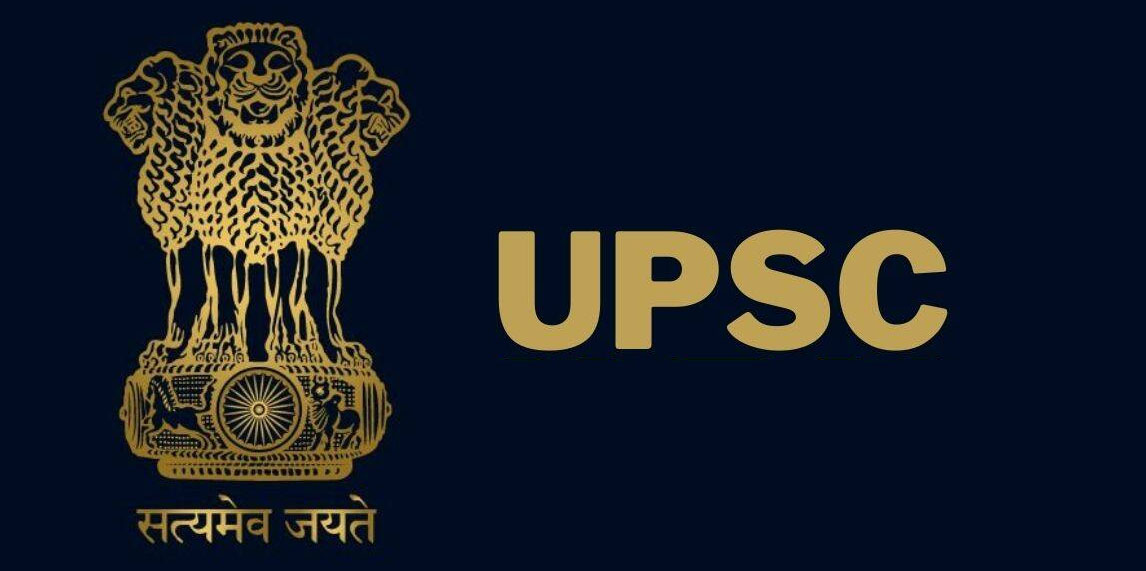The Civil Service Examination (CSE), conducted by the Union Public Service Commission (UPSC), is one of the prestigious exams in the country. Every year, lakhs of aspirants sit for the examination, but only a handful are able to clear it on the first try. The exam consists of a total of ten papers in the UPSC CSE Mains Exam, including 4 GS Papers, 1 Essay Paper, 2 Optional Subject Papers, and 2 Language Papers, which are qualifying in nature.
‘Ethics, Integrity and Aptitude’ is one of the four general studies papers with the least number of questions among all GS papers, yet it is the most intriguing. Despite being introduced in 2013, approximately nine years ago, Ethics Paper (GS-IV) is still an enigma. This is because the ethics syllabus mentioned in the UPSC syllabus 2022 itself can be interpreted in many different ways, as there is no one excellent book that provides explanations of the fundamentals. Additionally, most of us lack any experience in ethics because there are no college subjects that are directly related to it.
This article will assist aspirants in resolving their questions by providing the list of study resources and the action plan necessary to succeed on the Ethics paper.
About Ethics Paper
- This paper consists of two sections, Section A and Section B, each carrying 125 marks.
- Section A: Theoretical questions
- Section B: Case studies
- In the official syllabus released by the UPSC, the Ethics paper will comprise questions to assess the candidates’ attitude and approach to topics connected to integrity, probity in public life and problem-solving approach to numerous challenges and conflicts experienced in dealing with society. The case study method may be used in questions to ascertain these elements.
- The ability of an IAS candidate to offer concise, practical and sustainable solutions to a variety of societal problems is evaluated through a set of questions.
- Prior to the UPSC 2018 exam, the Ethics paper in Mains comprised 14 questions, divided into direct theoretical questions and case studies, for a total of 250 marks. Now, the number of questions has been reduced to 12.
Preparation Tips for Ethics Paper
The purpose of the Ethics paper is to assess the “ethical competence” of the candidate and not “knowledge of ethics”. The following tips will help aspirants to prepare better:
- Understand Syllabus: One should first familiarise themselves with the words listed on the syllabus. One should be able to communicate ideas with the fewest number of words and the simplest possible language. Relate concepts and principles from the syllabus to one’s own experiences. Try to recall instances in your life where you showed honesty, for instance, if you consider yourself to be honest.
- Analyse Events: Try to concentrate on the actions of the many parties involved while reading the newspaper. Stakeholders, communication and decision-making, are the three main factors in every situation; try and identify them in all the scenarios.
- Limit Sources: Minimising resources and concentrating solely on what is necessary is the key to finishing the syllabus and practice. Most aspiring individuals begin with the Lexicon and then solve the previous years’ papers.
- Practise Case Studies: The most vital strategy is to practise using case studies. Start by reading a number of case studies; when you do this, you’ll realise that each situation calls for a particular kind of decision or response.
- It is important to be aware of the several case study answer writing styles and adaptable enough to use them at the right place.
- E.g. In situational case studies, practical solutions are more valued. While the use of the administrative mind is examined in some case studies, social awareness is more thoroughly examined in social case studies.
- Use Personal Examples: Aspirants should keep in mind that the examiner values personal insight more than the core academic knowledge learnt from books. Therefore, make an effort to develop your own examples, analyses, and understanding.
- Practise Answer Writing: Regardless of the source selected for clearing the concepts, answer writing must also be taken into consideration. Ethics is all about communication. Only with the help of consistent writing practice can it be enhanced. Aspirants can practise answer writing from the previous years’ papers.
A good performance in the ethics paper is a must for being included on the final list and receiving the desired services. Thorough preparation of this paper also contributes to the addition of a moral dimension to the answers in GS Papers 1, 2, and 3, as well as the essay paper of the UPSC CSE exam. Additionally, it aids in projecting traits that would be appropriate for a civil servant in a personality test.
This paper delivers maximum returns, much as the essay paper. One can achieve good marks with a minimum of effort. Thus, the preparation approach for Ethics should be holistic, and answers in the exam should involve some personalised narratives or instances to make the answers stand out.











